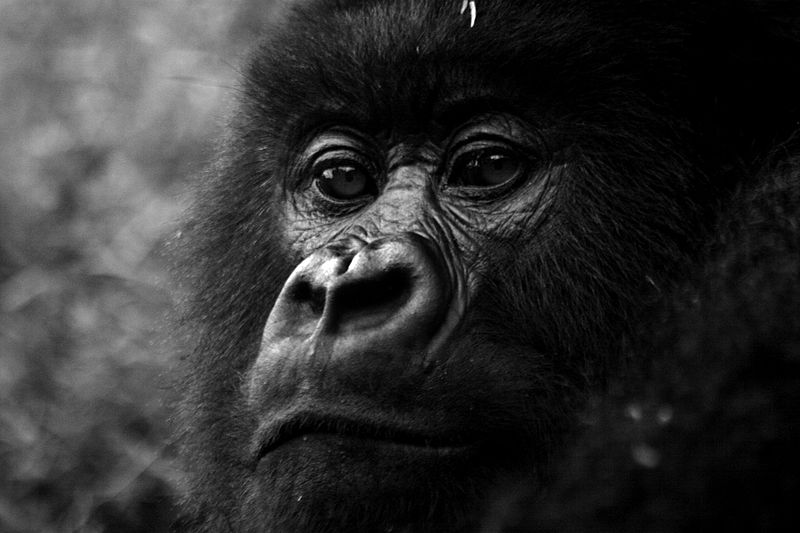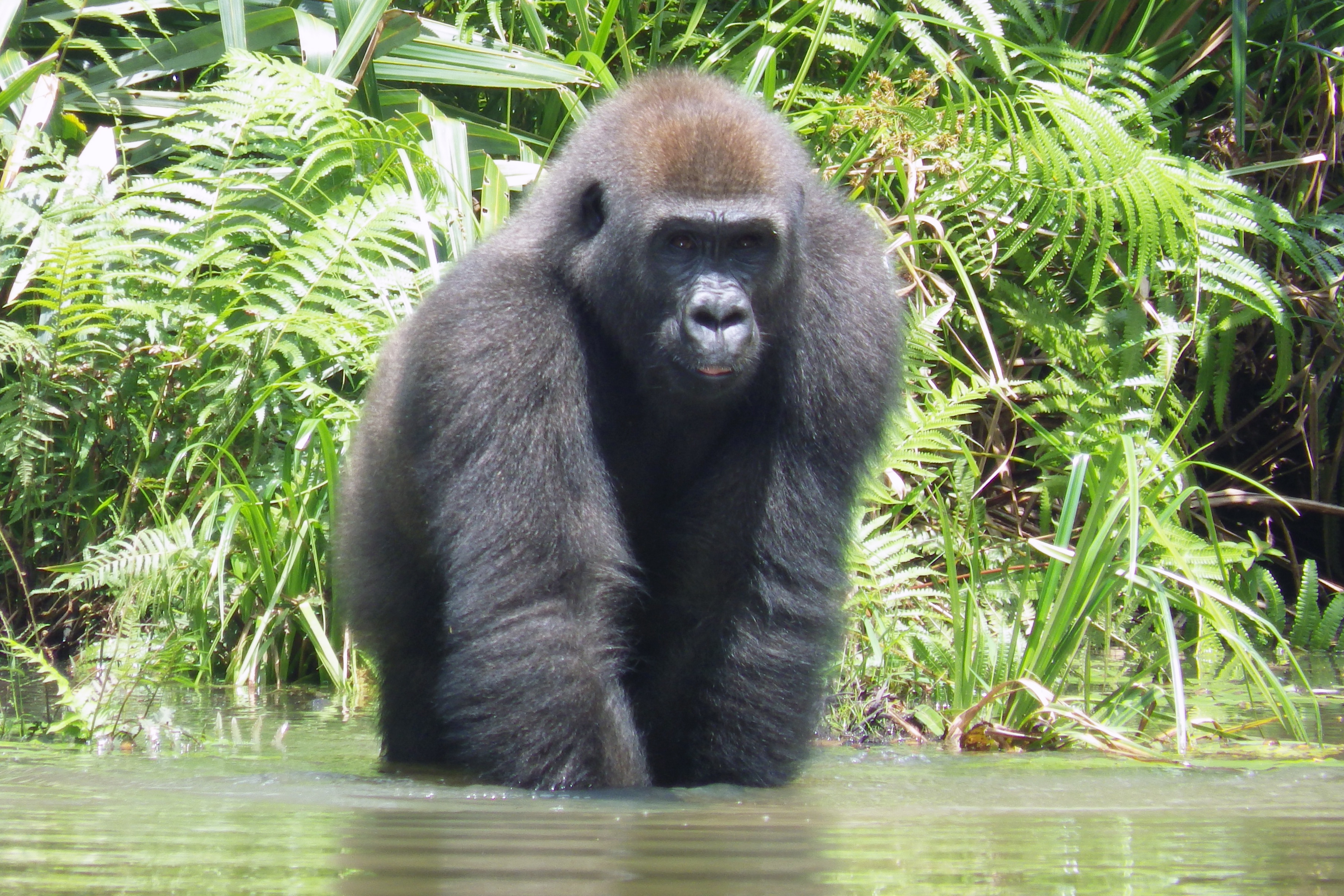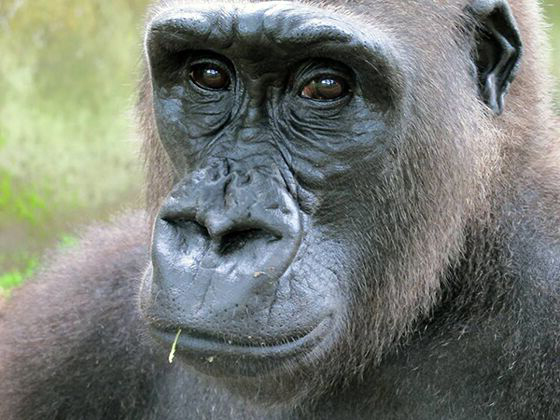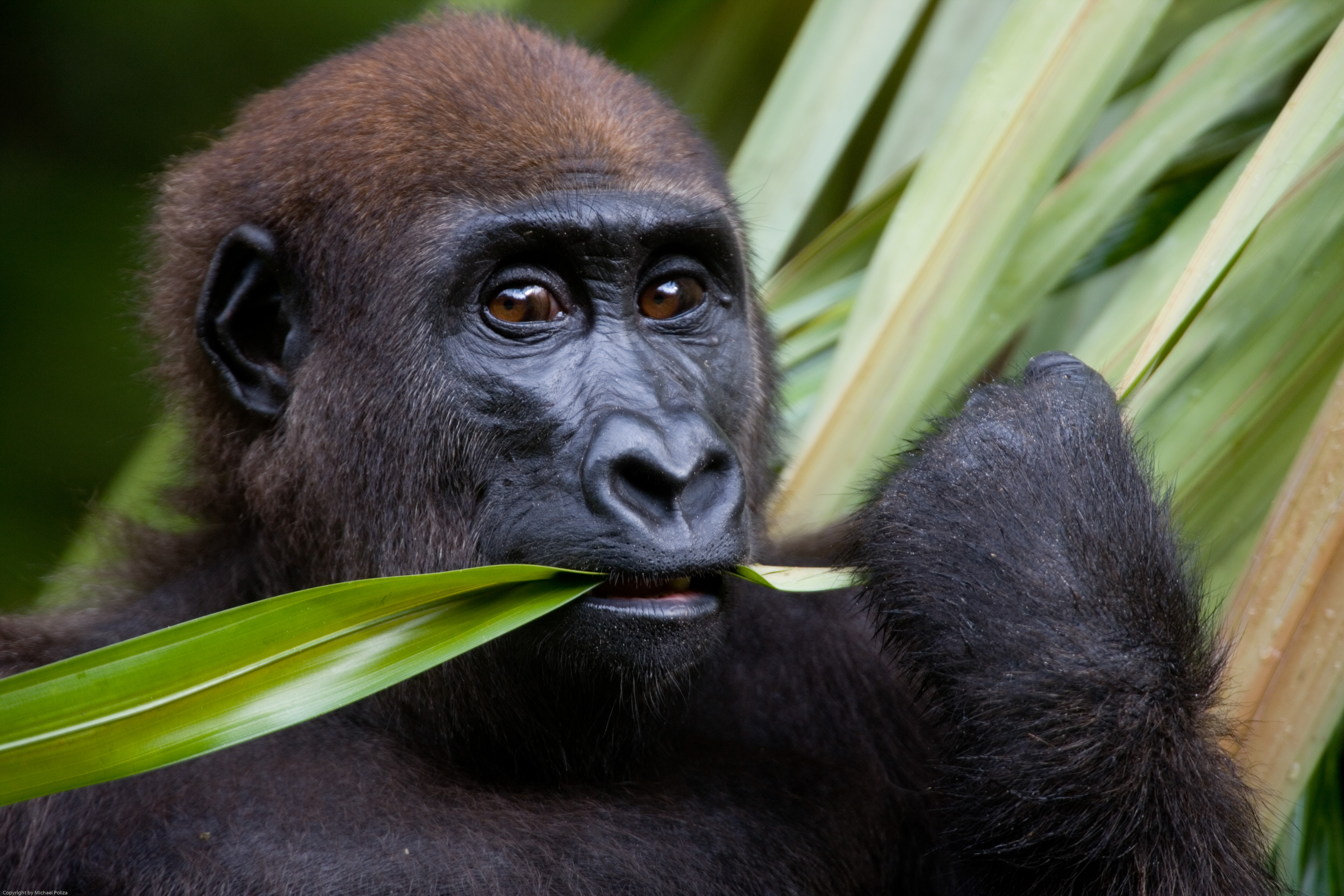


Gorillas live in family groups led by a silverback, a dominant male. Like other great apes, gorillas have a very slow rate of reproduction; a breeding female typically only gives birth to one baby every 4 to 6 years. As a result, gorilla populations are very slow to recover from the many threats they face in the wild. According to recent surveys by the Wildlife Conservation Society, eastern lowland gorilla populations have declined by 80-90%.
PASA member wildlife centers Projet Protection des Gorilles-Congo (Congo) and Projet Protection des Gorilles-Gabon (Gabon) each have engaged in the first gorilla reintroductions in their respective countries!
Gorillas are threatened by the illegal wildlife trade. One way to help gorillas is to visit them in the wild. The growing eco-tourism industry promotes a sustainable and natural appreciation of these majestic species.
Read more about how you can help Africa’s primates!


